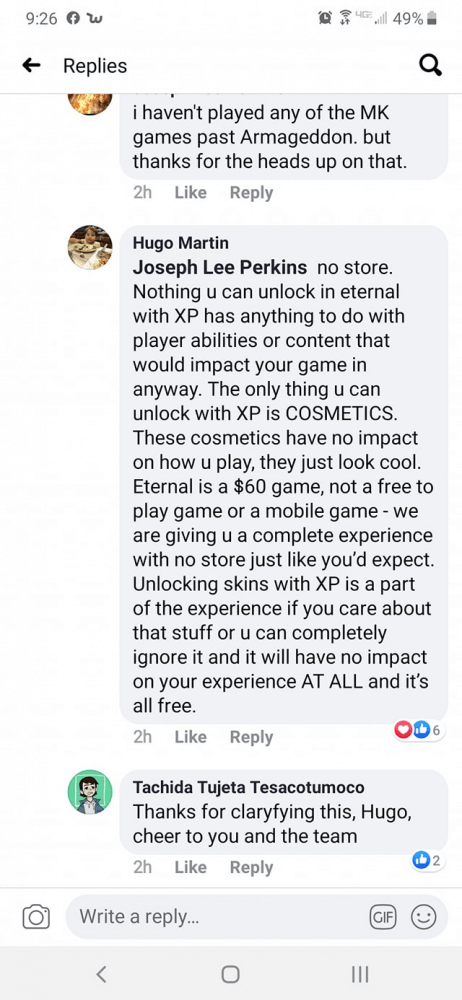Stop Praising Doom Eternal for Being Microtransaction-Free

It shouldn't be news when a developer doesn't exploit their customers. | Source: Bethesda/Steam
- Doom Eternal won’t include microtransactions.
- Creative director Hugo Martin says id Software is offering a “complete experience.”
- While commendable, it exposes a sorry state of affairs within the industry.
In an ideal world, we would all have finished up our journeys – careening, guns blazing and backed by chugging guitar riffs – through the hellscapes of Doom Eternal by now.
Sadly, id Software delayed the game’s launch to March 22nd, 2020 , from an initial November 2019 release, to reach “standards of speed and polish.”
Delays happen. It’s part of the business of making video games. We pardon them easily. Especially in the case of a developer with a proven track record of excellence.
No one can fault id for giving itself an extra four months to fine-tune Doom Eternal.
Doom Eternal Won’t Feature Any Microtransactions
Doom Eternal is once again in the news in the wake of comments from creative director Hugo Martin around the total absence of microtransactions from the game .

Responding to comments on the Doom 2016/Eternal Fan Club Facebook page, Martin confirmed that Doom Eternal wouldn’t feature microtransactions.
He explains:
Eternal is a $60 game, not a free to play game or a mobile game – we are giving you a complete experience with no store just like you’d expect.
We can all agree this is great to hear. Another AAA title to add to the list of games foregoing monetization in favor of a complete experience.
Yet, there’s something unsettling about having to throw compliments at a developer for not sneaking anti-consumer features into their games.
Anti-Consumer Practices Are So Commonplace That Their Absence Is Newsworthy

In a testament to just how twisted consumer expectations have become as a consequence of the widespread prevalence of monetization in video games in recent years, it’s now news when a developer doesn’t include them .
Similarly, we find ourselves in a bizarre situation where the Doom Eternal community breathes a sigh of relief upon hearing the news. The comments on the Reddit post sharing the Facebook thread are pretty revealing.

Some are so jaded by past monetization, they fear Martin’s words may be towing the Bethesda PR line – with microtransactions lurking just around the corner post-release.

The aim here isn’t to devalue id Software’s decision to make Doom Eternal microtransaction-free, but rather to highlight a strange state of affairs.
It’s understandable, though.
Raining down on developers for predatory microtransactions doesn’t seem to have yielded tangible results. Other than exacerbating the issue with PR-vetted platitudes thinly veiling the same old mechanics. Not to speak of spawning cynical verbiage from the likes of EA with its “surprise mechanics” nonsense .
One feels id Software should be commended. Then again, we shouldn’t be dishing out this brand of praise in the first place.